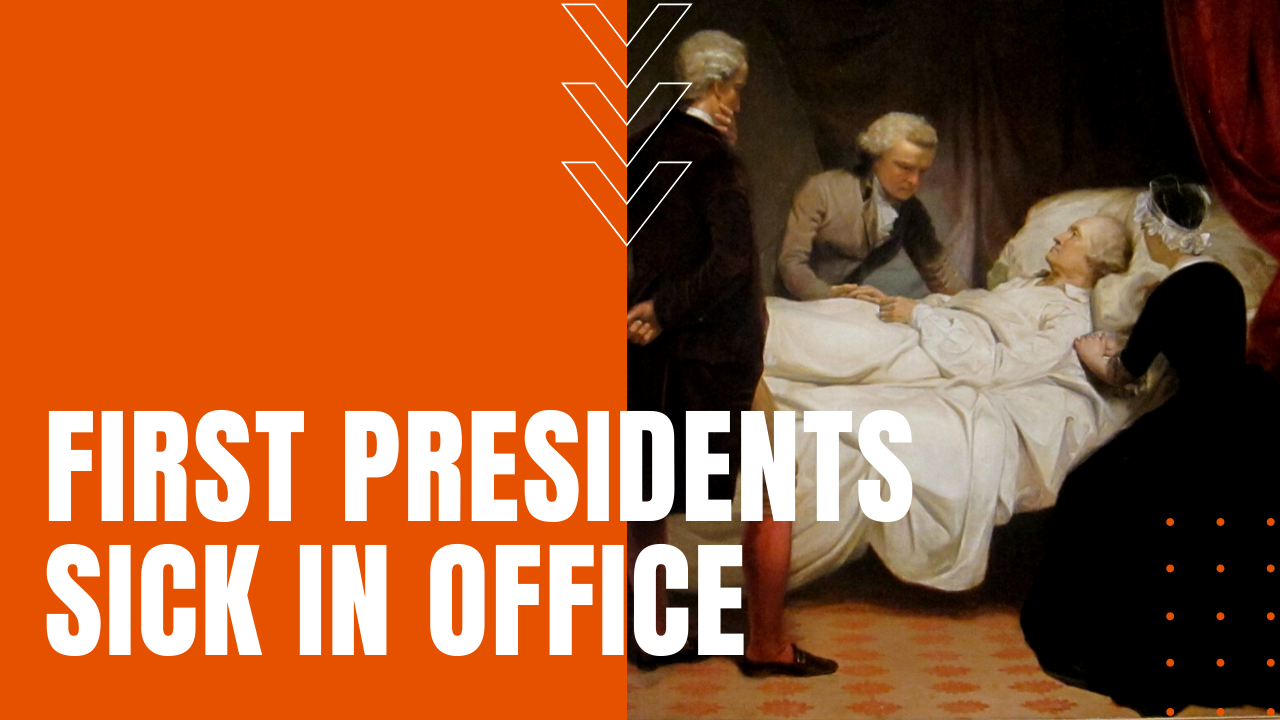First Four Presidents to get Sick in the White House

Early American cities proved to be hotbeds for the spread of infectious diseases, and while presidents had certain protections and privileges unavailable to the common citizen, infectious disease gave no leeway to sitting American presidents.
First President to Fall ill in Office
The first American president to fall seriously ill while in office was number one himself, George Washington. Two months into his first term, Washington underwent surgery for a tumor that required him to rest on his right side for six weeks.
In his second year of office, Washington survived a bout of influenza that threatened his hearing and his eyesight. Over the course of his life, Washington survived a dizzying array of illnesses, including diphtheria, tuberculosis, smallpox, malaria and dysentery, not to mention untold near-misses on the battlefield.
President William Harrison Dies in Office
The first president to die in office was number nine, William Henry Harrison, who passed away just 34 days after he contracted pneumonia on inauguration day.
President Grover Cleveland’s Secretive Surgery
In 1893, Grover Cleveland needed surgery to remove a cancerous tumor in his mouth, and to avoid the attention of the press, he had the surgery performed on a friend’s yacht in Long Island Sound.
After a quarter of his upper palate and been removed, he returned to work with the general public none the wiser.
Woodrow Wilson’s Mental Illness after Bout of Spanish Flu
When President Woodrow Wilson caught the Spanish Flu during the Paris Peace Conference at the end of World War One, as the president’s illness progressed, key aides became alarmed when the normally predictable Wilson began to blurt out “unexpected orders.”
On one occasion, the president created a scene over pieces of furniture that had suddenly disappeared in his suite room, even though nothing about the furnishings had been moved. The president further became convinced that he was surrounded by French spies. “We could but surmise that something queer was happening in his mind,” Chief Usher Irwin Hoover later recalled. “One thing was certain,” Hoover goes on, “he (Wilson) was never the same after this little spell of sickness.”
Wilson’s shift in mentation would forever impact the outcome of the Paris Peace Conference and ultimately The Treaty of Versailles, for while Wilson’s initial stance was that the winners of World War One “should go easy” on Germany to facilitate a lasting peace, after coming down with the flu, Wilson conceded to the other world leaders’ demands, setting the stage for a settlement so harsh and onerous to Germans that it became the leading rallying call for a revitalized German nationalism, Adolf Hitler and the advent of World War Two.
